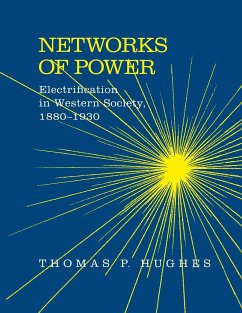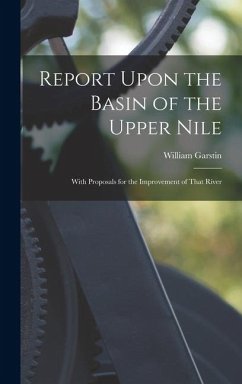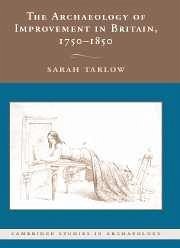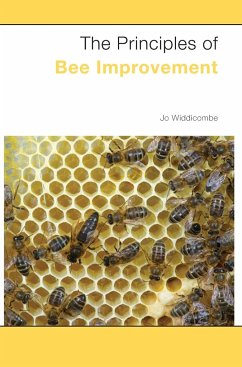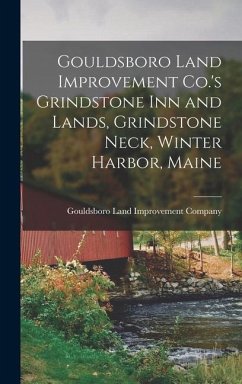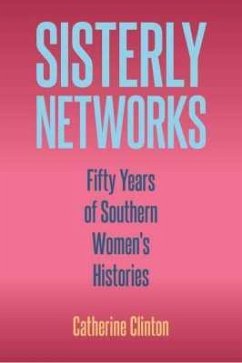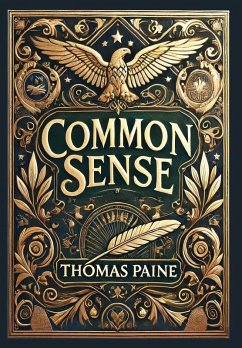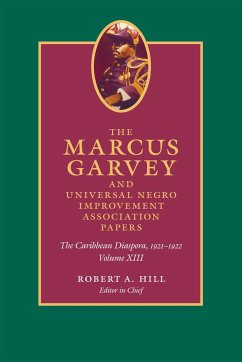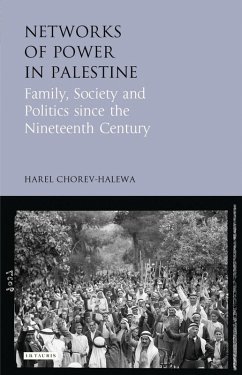Nicht lieferbar
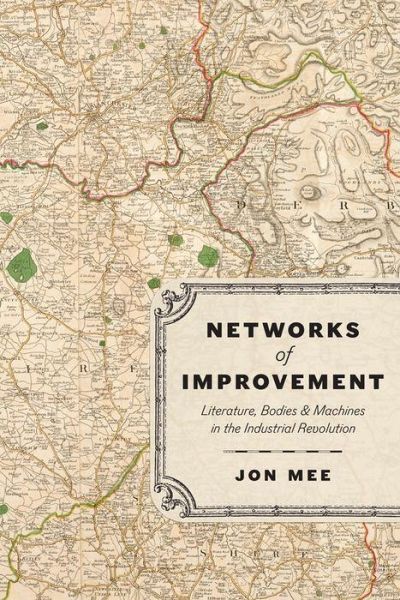
Networks of Improvement
Literature, Bodies, and Machines in the Industrial Revolution
Versandkostenfrei!
Nicht lieferbar
"In this book, Jon Mee proposes a new literary-cultural history of the Industrial Revolution in Britain from the late-eighteenth to the mid-nineteenth centuries. Against the stubbornly persistent image of "dark satanic mills," in many ways so comforting to literary Romanticism, Jon Mee provides fresh, revisionary account of the Industrial Revolution as a story of unintended consequences. Reading a wide range of texts-economic, medical, and more conventionally "literary" ones-with a distinctive focus on their circulation through networks and institutions, Mee shows how a project of enlightened ...
"In this book, Jon Mee proposes a new literary-cultural history of the Industrial Revolution in Britain from the late-eighteenth to the mid-nineteenth centuries. Against the stubbornly persistent image of "dark satanic mills," in many ways so comforting to literary Romanticism, Jon Mee provides fresh, revisionary account of the Industrial Revolution as a story of unintended consequences. Reading a wide range of texts-economic, medical, and more conventionally "literary" ones-with a distinctive focus on their circulation through networks and institutions, Mee shows how a project of enlightened liberal reform, articulated in Britain's emerging manufacturing towns, led unexpectedly to coercive forms of machine productivity, a pattern that might be seen repeating in the digital technologies in our own time. Instead of treating the Industrial Revolution as Romanticism's "other," Mee shows how writing, practices, and institutions emanating from the industrial towns developed a new kind of knowledge economy, one where "literary" debates played a key role, especially through local literary and philosophical societies who were important transmission hubs for the circulation of knowledge. Mee provides a new perspective on the development of social relations across the period, challenging the idea that the Industrial Revolution as the result of some kind of prior, ideological intention. The book will interest literary scholars concerned with the relation of Romanticism to Britain's social and economic upheavals; social and economic historians studying the underpinnings of the Industrial Revolution; and cultural historians tracing the relation between social networks and political philosophy"--




